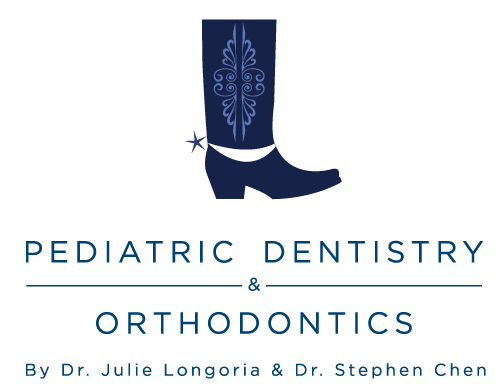Babies normally cut their first teeth between the ages of five and seven months, however it is not rare for the first teeth to appear around one year. Teeth emerge in pairs in the majority of cases. The bottom two teeth in the front are normally the first, followed by the four top middle teeth. Babies typically develop their first molars around the time of their first birthday, followed by canines and second molars around the age of two. However, in other infants, teeth appear in clusters over a short period of time. Infants have twenty main teeth.
Teething is a painful procedure that can cause both babies and parents numerous sleepless nights. The first teeth appear to be the most painful. Your infant may experience less discomfort as more teeth emerge. The majority of teething pain comes prior to teeth breaking through the gums. Irritability, decreased appetite, increased drooling, and puffy or inflamed gums are all signs that your infant is teething.
Additionally, some parents report their infants experiencing earache, diarrhea, and fever. According to the American Academy of Pediatrics, these are not teething symptoms and are more than likely caused by a viral infection that occurs concurrently with teething. If your baby has a persistent fever or one that exceeds 101 degrees, contact your pediatrician.
Assist Your Baby in Coping with Teething Pain
Some Suggestions:
- With a clean finger or wet gauze pad, gently massage your baby’s gums.
- The cold helps to alleviate pain and inflammation. Freeze a couple teething rings. They retain their coldness for around 20 minutes after being removed from the freezer, so you will need some extras. Every day, check the teething rings to ensure your baby has not chewed them through.
- Pain can be alleviated by sucking on a pacifier or chewing. Some parents wet and freeze washcloths to provide chewing material for their infants.
- You can fill a sippy cup with cold water and let your infant to gnaw on the edge.
- Infant Tylenol may be used to alleviate teething pain. Take care to follow the guidelines on the packaging and avoid giving more than suggested. Infant Tylenol is a concentrated medication, and taking too much might be harmful to your baby’s liver. Calculate the dosage based on your infant’s weight. Consult your pediatrician if you need to use it every four to six hours for more than two days.
- Distractions help divert your baby’s attention away from the discomfort of teething. Numerous infants are soothed by rocking, hugs, and kisses.


